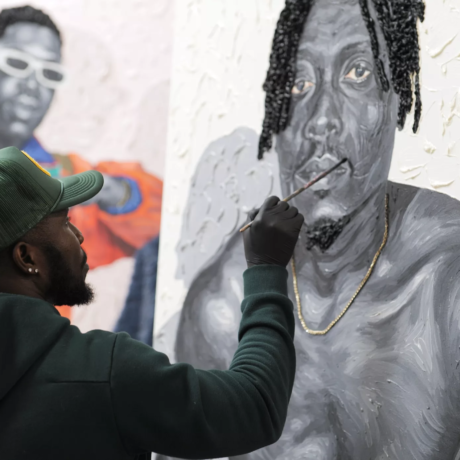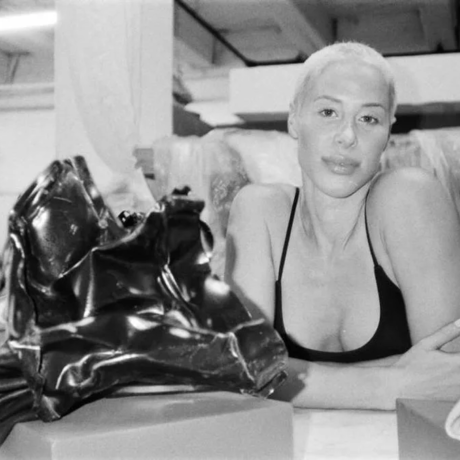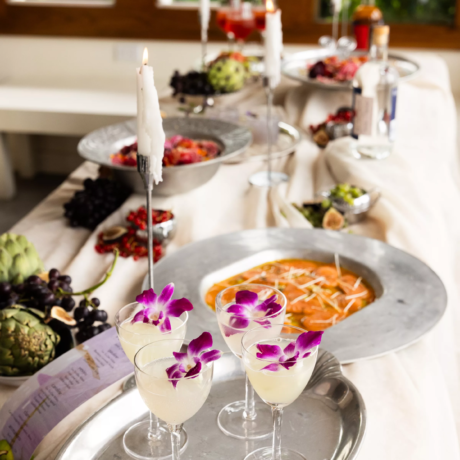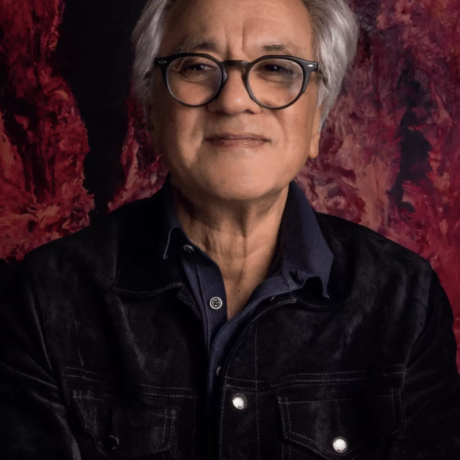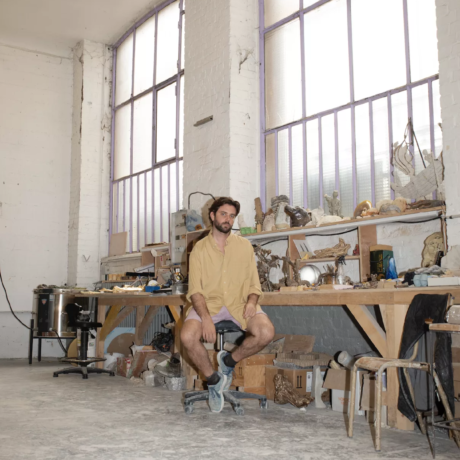
Q: Being an artist is hard. Should I do a Master’s degree (MA) to escape the real world?
Do you know what? I’ve recently been asking myself the same question. We can chat through our shared dilemma together.
For my part, I want to escape the real world in the sense that I sometimes feel stuck. I feel like I’ve been revving my engine to its limit. I want a gear change so I can be released at speed across a whole new landscape. I don’t know what that landscape is but I know it looks different to the one I’m in. I don’t know if you feel the same, and maybe I’m projecting. You could be feeling something similar or maybe not quite as drastic.
“There’s no harm in applying if it’s free to roll the dice. Listen to your gut, look at your finances. Be realistic”
Maybe you want to level up, burst through a plateau, or renew what you’ve already got but you need the time and space to devote yourself to that renewal? You could do all that without signing up for an MA, but (I can’t lie) it might make things smoother.
I always thought an MA was an expensive formality—a hoop you had to jump through to prove something to institutions and gatekeepers. Places like the Royal College of Art, for example, feel like postgrad factories that have cornered a booming market: the art world’s weird, elitist fetish for academic signifiers. I think that is still true but I can see why people go and do an MA all the same. If you’re stuck, a hoop to jump through might not be a bad idea.
To avoid being vague, here’s a pros and cons list.
Pros:
- You’ll have dedicated time for making. This is hard to do in the Real World, outside the limits of formal study.
- Your studio practice might find new directions, new levels, leading to a fuller life and maybe a reason to want to stay in the real world.
- You’ll meet a cohort of peers. Making art alone is rough, and an MA can ensure conversation and community. There’s no guarantee you’ll stay in touch with your peers after graduating, but even if it’s only for the duration of the course, that period of critical feedback and solidarity could be a boost.
- Community is good for more than just critical feedback and there’s no point being coy about the value of social capital. An MA course is likely to ‘enrich’ your ‘professional network’ (no matter how icky that feels to say out loud).
- You might learn new skills that would be hard to come by otherwise, leading to new sources of income in the future. You don’t have to do a Master of Fine Arts (MFA), you could pick a more specific course that’s a bit more vocational, like graphic design or character animation.
- An MA means you’ll be qualified for relevant jobs in your chosen field (for example, teaching at universities). Again, it might make the real world more bearable, more creative, and steady.
“You don’t need an MA to teach or actually do any of the jobs that say they require an MA”
Cons:
- It’s expensive. If you’ve got the money for it, good for you! But if you haven’t, this is a deal breaker. I know we all have no intention of ever paying back our student loans, and they don’t affect your credit score, so we could all just pretend it doesn’t exist. Still…
- It’s expensive (part 2). Even if you get a student loan, there won’t be much left to pay for your living costs. You might not have time to fit in a job, even if it’s a part-time course. And I don’t know anyone that makes enough money to pay rent and live well on a part-time salary (in London at least).
- If you want to level up or renew your practice, you don’t need to go back to university. You can do a short course, apply for residencies, or (in England) you can try and bag some Developing Your Creative Practice funding from the Arts Council to build your own Research & Development sabbatical.
- You don’t need an MA to teach or actually do any of the jobs that say they require an MA. You can be a curator or a lecturer without an MA. If you have a decent amount of relevant experience, alternative routes exist. It is possible to wangle it.
- There are other forms of knowledge that exist, that aren’t well suited to an academic institution.
- It might be detrimental to your practice, mental health, physical health, general wellbeing and self-esteem. Being in a formal institution can be draining for a multitude of reasons, because of a variety of structural problems that are unlikely to be fixed by the time you get there. Think about whether navigating that potential harm is worth the risk.
I’ll leave you with the good advice I’m giving myself. It’s about timing. An MA might be the right thing for you but you won’t make the most of it unless the time is right. It might sound like hippie fatalism, but sometimes the universe tells us where we should be going and when. If you’re not sure, the world won’t end if you just wait until you are.
There’s no harm in applying if it’s free to roll the dice, and there’s no harm in looking into things like scholarships and bursaries. They’ll only help you make up your mind. Listen to your gut, look at your finances. Be realistic. But there really is no right answer, only the answer that’s right for you right now.
“Maybe you want to level up, burst through a plateau, or renew what you’ve already got but you need the time and space?”
Art Prescription
An MA might sound good on paper, and by paper I mean the webpage with the course details or the innards of a glossy prospectus. But an MA is shaped by the university delivering it, and most universities are cursed.
If you can find it, consider watching Manifesto, the 2020 short film by Norwegian filmmaker Ane Hjort Guttu. It is about an art school that has recently been absorbed by a large national university. It is about the ways in which the students and the faculty learn to be creative (and deceptive) in their relationship with the larger institution they now exist within.
It is art versus the real world but I won’t tell you who wins.
Illustration by Lucia Pham, an illustrator based in Hanoi
Have a question for The White Pube?
Get in touch with Zarina and Gabrielle at info@thewhitepube.com
VISIT WEBSITE
